Tackling Inequalities: Working to reduce health inequalities across Lincolnshire
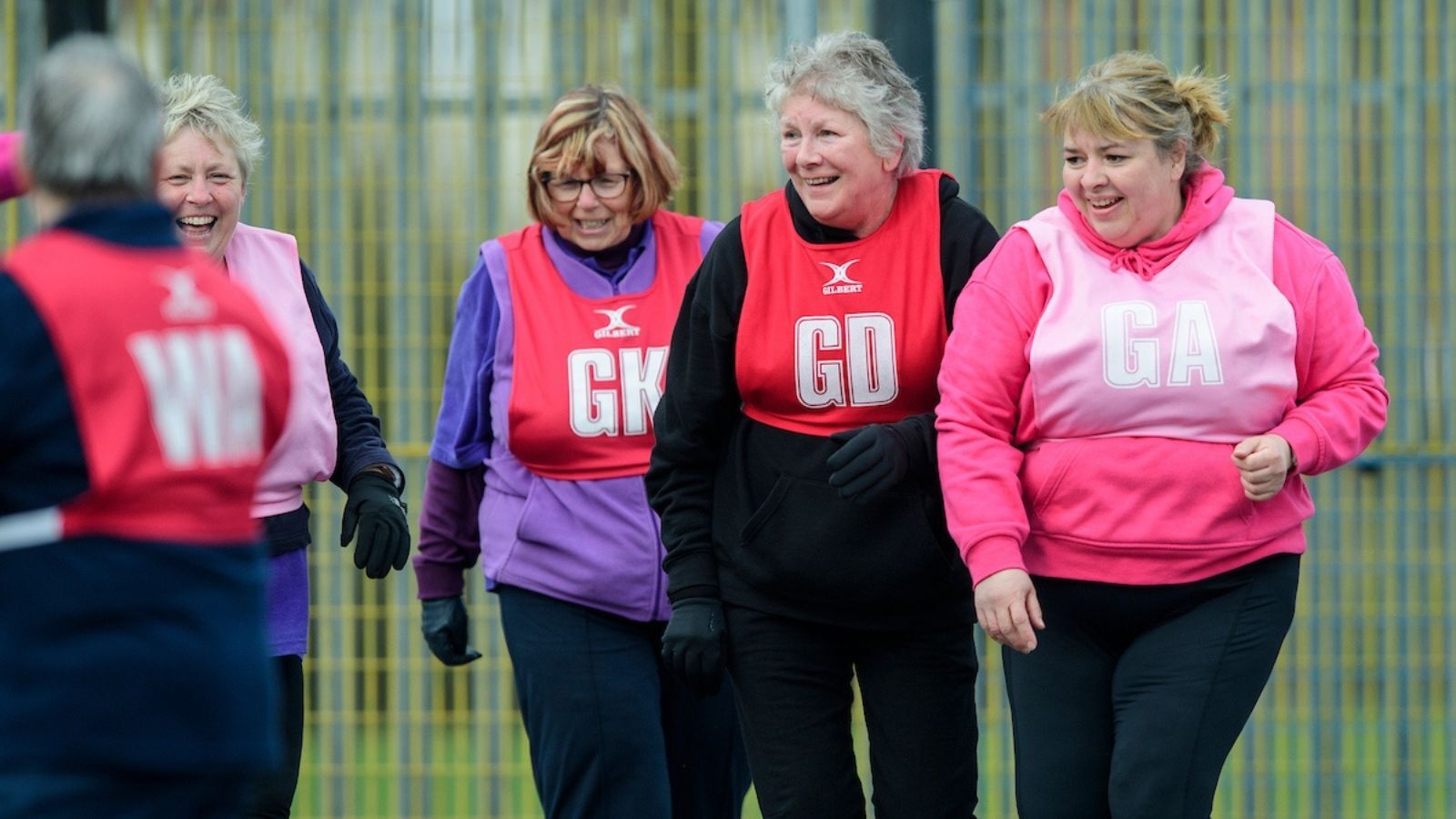
In April 2020, Sport England launched the Tackling Inequalities Fund (TIF) to make £20m of National Lottery funding available to support community groups in maintaining connections and physical activity opportunities in the recovery from Covid-19. The fund was also intended to support those disproportionately affected by Covid-19 and prevent the inequalities gap from widening due to falling activity levels.
Since then, at Active Lincolnshire we’ve been working with our existing partners, and many new partners to support their applications to Sport England’s TIF (now known as the Together Fund). With an over 80% success rate, we’ve distributed £248,000 to a wide variety of projects aimed at helping people be more physically active. To help us understand how effective the TIF has been, ROC Research Consultancy have evaluated the TIF process.
We have learnt that key to the success of TIF is the way that we work with our partners, and how our partners work with us. We have a good understanding of the physical activity opportunities and barriers across Lincolnshire, and we also have really strong relationships with our existing partners. We use this knowledge to help our partners make high quality, but realistic applications to the Together Fund that can support sustainable physical activity opportunities.
We have also learnt the value that our partners bring in the deep understanding they have of the communities they work with, and of their own networks and opportunities. By working collaboratively, we’ve made new connections with new partners that in turn have led to new and innovative approached to tackling health inequality through physical activity.
By utilising our learning from the TIF projects, we are in a stronger position to help allocate Together Funding, and support communities with delivery of projects supported by the funding.
If you'd like to apply to the Together Fund for your community group or club find out more here.
Read more about some key individual projects we have supported, and our learnings from them below:
England Netball: Walking Back
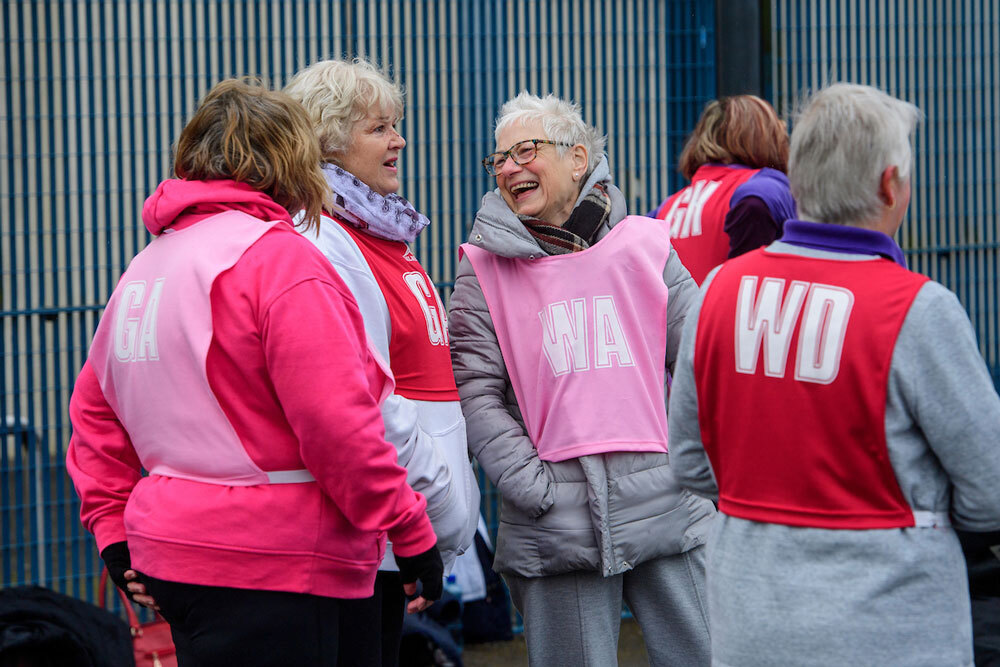
Many women loved playing netball in their younger years. Walking netball in a slower version of the game which encourages anyone to take part regardless of their age or fitness. Prior to the pandemic, there were many well-established walking netball groups across Lincolnshire. However, restrictions like the rule of 6 and the expense of additional equipment required to make venues covid safe, forced many walking netball groups to become inactive. Numerous participants across the county were at risk of becoming inactive and socially isolated without their walking netball groups.
Working closely with Active Lincolnshire, the local England Netball representative made a successful application to the TIF to support the restarting of walking netball as the county began to recover from the pandemic. The financial barriers associated with meeting new covid safe guidelines were removed by the TIF award, enabling groups to purchase the additional equipment they needed, and allowing them to run smaller groups so that participants felt safe.
Restarting the walking netball groups has led to long term sustainability of the groups and promotion of the benefits of the activity. An underspend of the TIF award has been put to good use by training 11 new facilitators and new groups are now being set up where they are most needed such as the East Coast. The TIF has enabled an important physical activity opportunity to continue, and by using the funding carefully and creatively, the opportunity is now available for more people across Lincolnshire in the future.
BSL Sensory Swimming
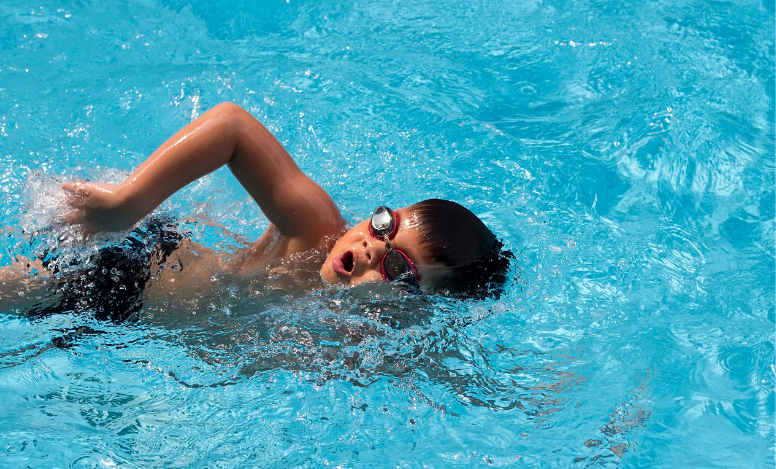
The availability of swimming lessons for children with sensory impairments have been a long unresolved problem. A lack of British Sign Language swimming teachers meant that individuals who wanted to learn to swim had to access tuition through expensive 1:1 lessons. This problem was exacerbated by the pandemic when access to swimming became a mainstream problem as well. However, BID Services recognised they had a unique opportunity as one of their staff was a swimming instructor and had experience with children with sensory impairments.
Active Lincolnshire supported BID Services application to the TIF by introducing them to Active Nation. Active Nation had a forward-thinking approach to running their leisure centres and were willing to work collaboratively with the swimming instructor to develop sensory swim sessions that would work for everyone. Once funding had been allocated, they allowed extra time and support to help make the swimming lessons successful. Although the first round of swimming lessons were free, they were highly valued by those that took part so that almost all participants wanted to continue to pay for the sessions to continue.
Sensory swimming lessons require more time and resources than mainstream lessons, but Active Nation were passionate about reducing health inequalities. To support the continuation of the lessons, they agreed to charge participants at the same rate as mainstream swimming lessons. This highly successful project has provided a solution to a long existing problem and highlights how when working collaboratively and innovatively, we can make big differences to reduce inequality through access to physical activity.
The Elms Golf Society: Golf, Tea and Cake
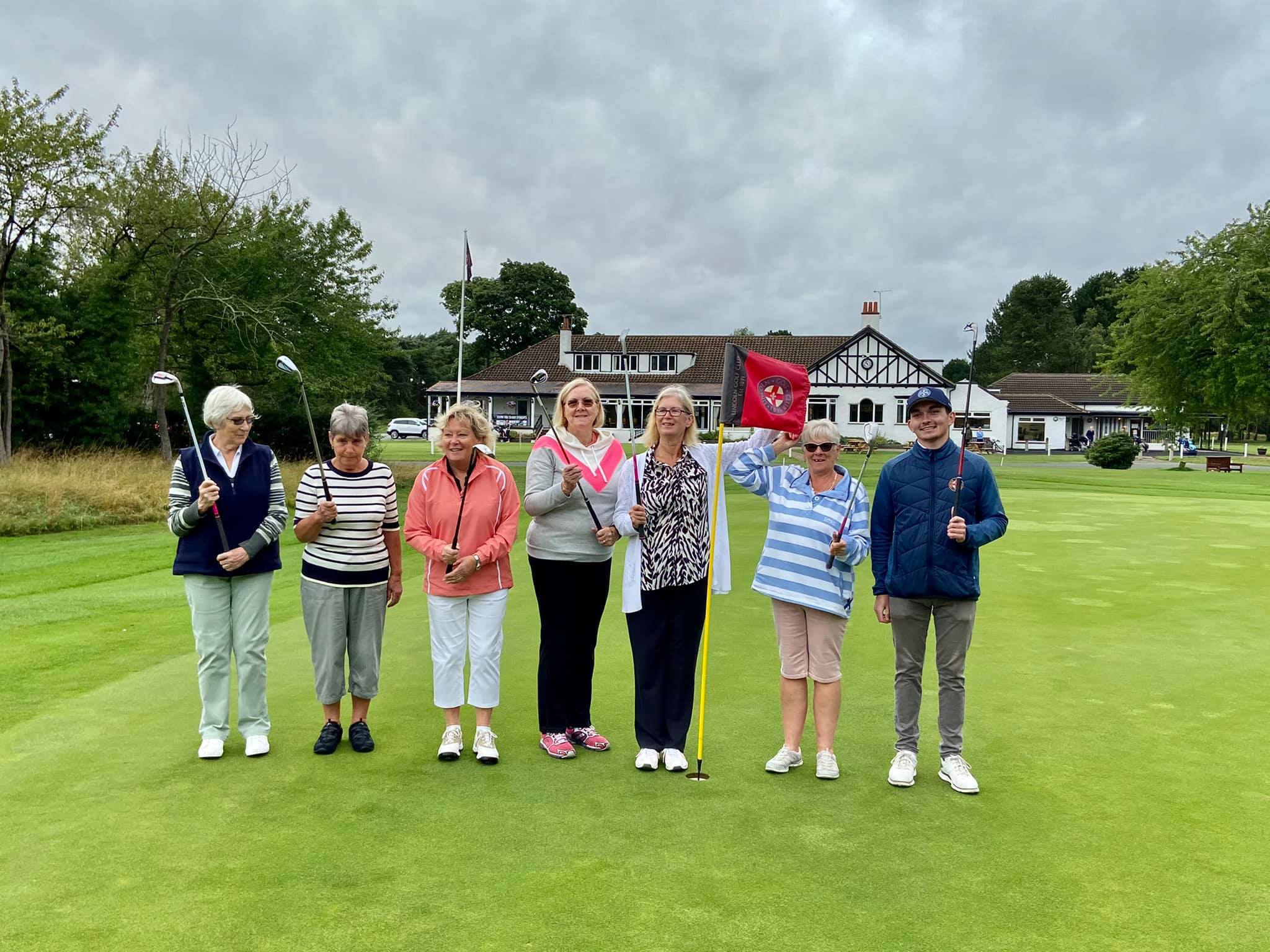
Golf Clubs have often been perceived to be unwelcoming to non-members but Lincoln Golf Club has been working with their local community to change those opinions. With the loss of a number of local amenities, the community had little in the way of a social hub. However, the new manager of the club embarked on changing the traditional perceptions of golf, by working with local residential village, The Elms, to encourage residents to access the club’s social facilities through a TIF initiative called Golf, Tea and Cake.
By working with Active Lincolnshire, Lincoln Golf Club and The Elms accessed funding to support residents to take part in a weekly social golf session. Residents were provided with a golf club to keep, golf tuition from one of the club’s professionals and the chance to socialise afterwards in the café. After the sessions were finished, the golf club encouraged The Elms residents to continue to use the club’s facilities through provision of free social membership. Projects such as this really benefit from partners who are committed to helping local people and communities come together through physical activity.
What does it take to make a project sustainable?
Although projects can be well planned and implemented, the key to their success is understanding the target communities. Once communities are understood, you then need to find the ‘hook’, build trust between the participant and the project, make activity a habit and create a social movement towards sustainable physical activity.
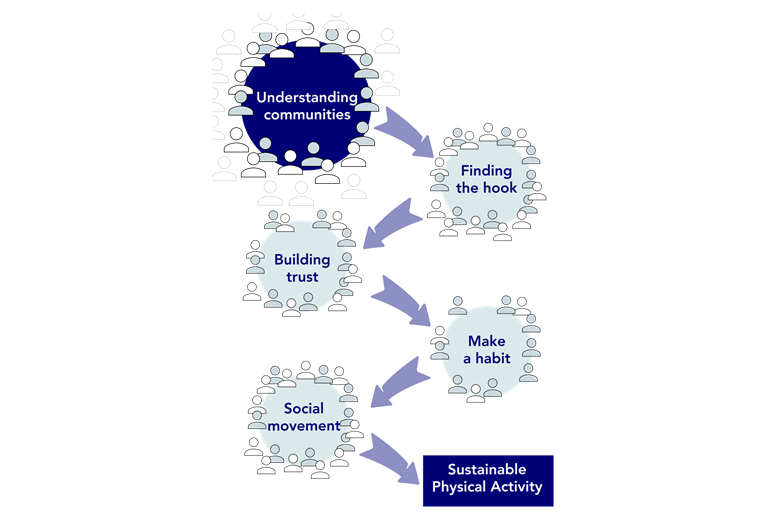
Finding the hook
If a community is well understood, it should be possible to find the right hook for participation. The hook will be unique to each community but in the three case studies above two important factors were: the social element of a project (Walking Netball and Golf, Tea and Cake) and meeting an unmet need (Sensory Swimming).
Building trust
It is essential that participants trust those involved in delivering a project. Sensory Swimming would not have been successful if the instructor did not have an existing relationship with the target community. If a similar class was replicated elsewhere, ensuring the right individual delivers the project is crucial. Trust is also built through social networks. In all three case studies, participation was most successful when it was recommended and encouraged through social circles.
Make a habit
Providing the opportunity for habit forming is essential for long term engagement in physical activity. Walking Netball successfully achieved this by encouraging their participants to train to become group facilitators. Moving participants into a leadership role empowers individuals to develop a long-term habit and inspires them to encourage others to participate. Habits were also formed in Sensory Swimming with a number of participants continuing to engage in swimming lessons after the project had finished. Unfortunately, Golf, Tea and Cake did not show much evidence of habit building, although some participants used the social golf club membership made available to them, most participants did not continue to engage in golf related physical activity without the support of the project.
Social movement
Social movements occur when groups of individuals are connected by their shared interest in system/social change. Sensory swimming is an example of how TIF funding allowed a solution to a known need to be tested and then moved into a sustainable offer for the sensory impairment community.










